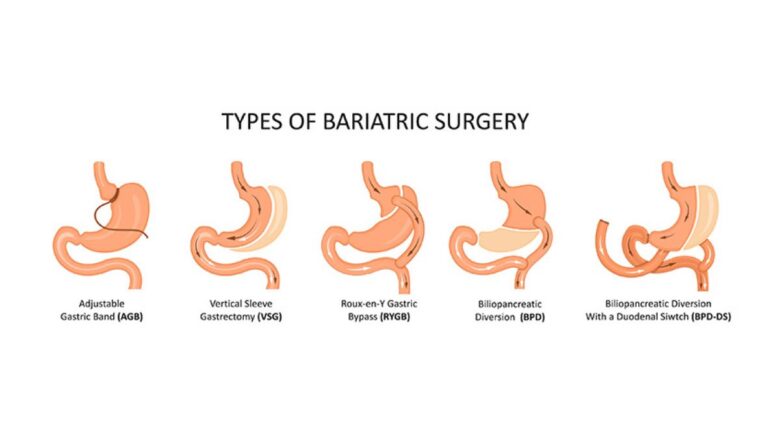
Are you unable to lose weight despite prolonged exercising, dieting, or other weight reduction tactics? Bariatric surgery is considered when exercise or diet has not helped reduce weight or being overweight is causing other chronic health conditions. Bariatric surgery involves changes in the stomach, and digestive tract, limiting the food intake and reducing the ability
Continue Reading

Obesity is a big issue in today’s world because of unhealthy diets and sedentary lifestyles. A BMI or body mass index of more than 25 places a person in the overweight group, while a BMI or body mass index of more than 30 places a person in the obese category. Obesity not only harms general
Continue Reading

Bariatric surgery, also referred to as “weight-loss surgery,” includes various surgical procedures performed on people dealing with obesity. The reduction is made by resetting and re-routing the small intestine to a small stomach pouch (gastric bypass surgery) or by removing a portion of the stomach (sleeve gastrectomy or biliopancreatic diversion with a duodenal switch). Bariatric
Continue Reading

Bariatric surgical procedure is carried out for weight loss which involves restricting the amount of food to the stomach. It is usually performed in people with obesity. Obesity is a metabolic disorder faced by the human population all over the world which imposes a person to various health conditions like diabetes, heart disease, high cholesterol
Continue Reading




